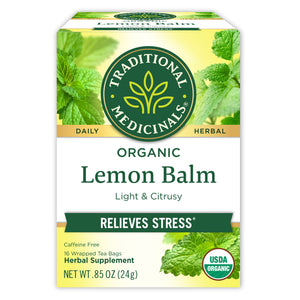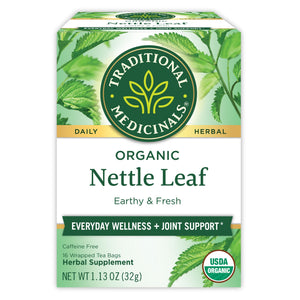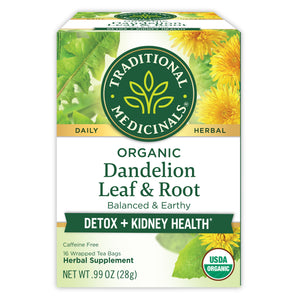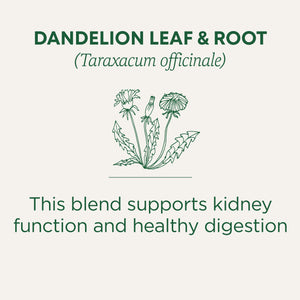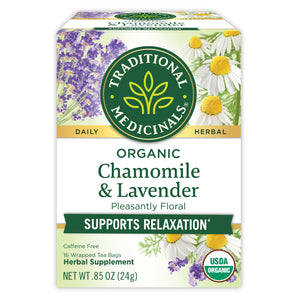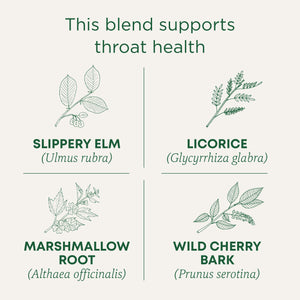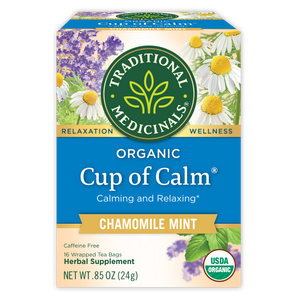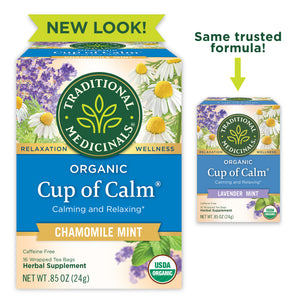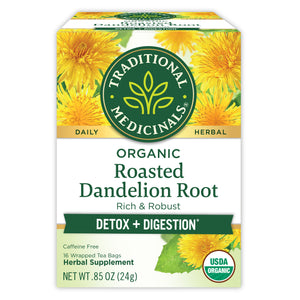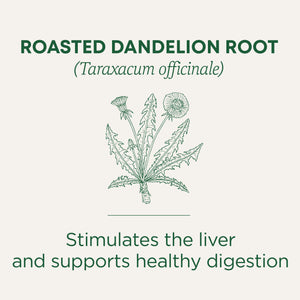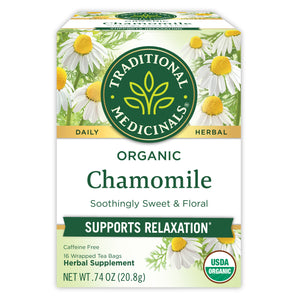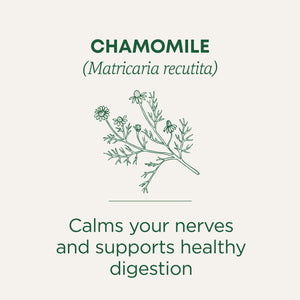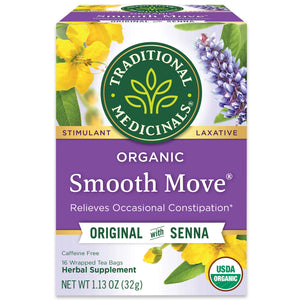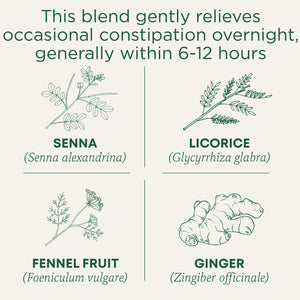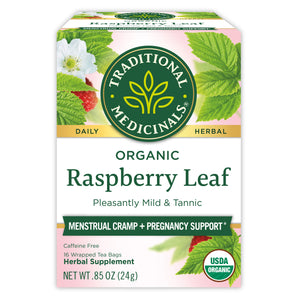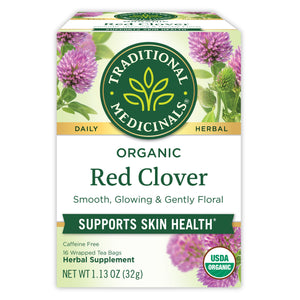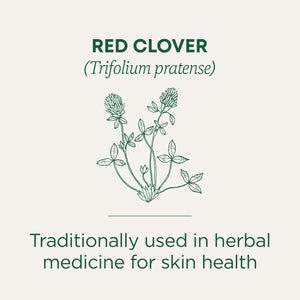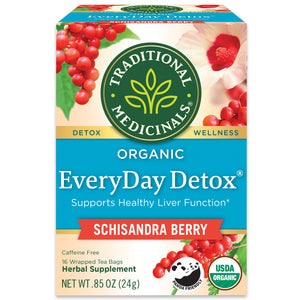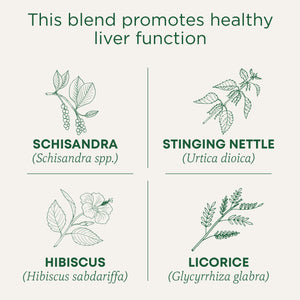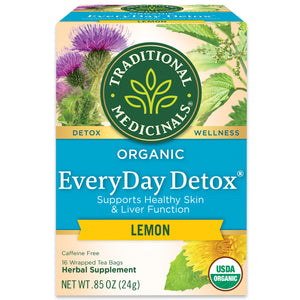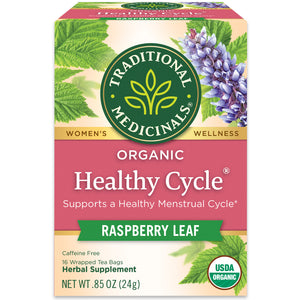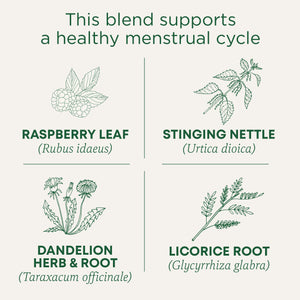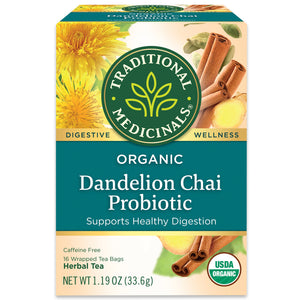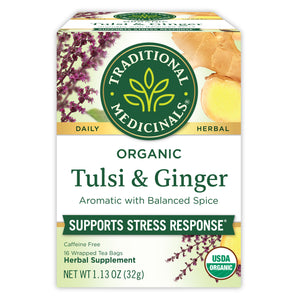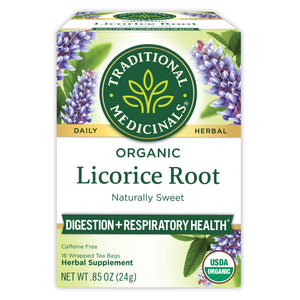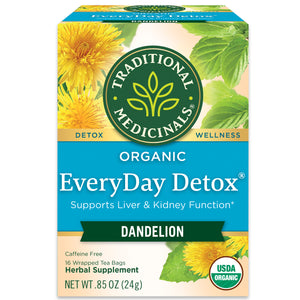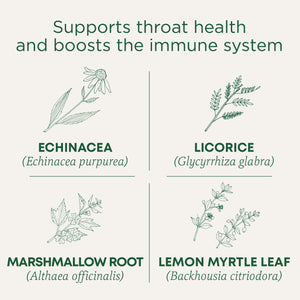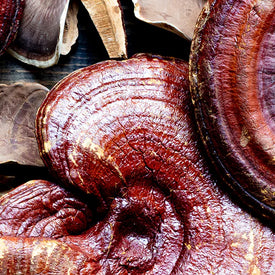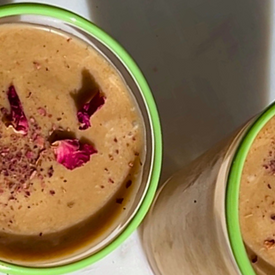Tonic herbalism is all about taking the simple initiative every day to care for your well-being. While many of us think about our health only when something goes awry, traditional herbalism teaches us to actively tend to our body consistently throughout our life. In modern terms, one could think of it as regular maintenance to keep things running smoothly, as one might do for their car. To “keep our engine running,” herbalists use tools known as tonic herbs.
A tonic herb is meant to be used regularly over a long period of time, in order to support the body to stay in balance. While tonic herbs support our overall well-being, some herbs have a particular affinity for specific body systems such as the immune, detox, cardiovascular and nervous systems.
Tonic herbs and herbal formulas commonly include herbs that are gentle and nourishing. They feature many herbal adaptogens like licorice and schisandra. They also often include medicinal mushrooms like reishi and other plants that support a balanced immune response.*
"Tonic herbalism builds the foundation of health – physical as well as mental and emotional."
Some of the best ways to take tonic herbs are in your daily cup of tea, broths, or in apple cider vinegar like this Tulsi Ginger ACV Tonic. Vinegar is a fantastic way to preserve and take herbs, as it is considered a traditional supportive tonic for everyday wellness.*

As herbalists, we are especially passionate about tonic herbalism and helping people take a proactive, educated role in their health.
Check out a few of our everyday go-to herbal tonics:
Schisandra (Schisandra spp.): Used for over 2,000 years to support the body’s natural detoxification processes, schisandra is a powerful adaptogen that supports the liver, immune and nervous systems. In Traditional Chinese Medicine (TCM), schisandra is known as wǔ wèi zi, or the “five flavor fruit,” as it contains all five tastes — bitter, pungent, salty, sour, and sweet. Because of its unique complexity in flavor, schisandra pairs well with almost anything, making it a truly versatile herb. Whether you’re using schisandra to offset occasional stressors, support your liver, or simply promote overall vitality and stamina, this plant is a true ally for this fast-paced modern world.*
Tulsi (Ocimum sanctum): Tulsi may be a new herb to many in North America, but in its native India, this medicinal plant has been a household name for over 5,000 years. As a member of the mint family, there is something mysterious and otherworldly about tulsi that has earned it nicknames like “holy basil,” or the “Queen of Herbs.” Tulsi’s known benefits stem from its role as an aromatic nervine, a fragrant herb that helps the body positively respond to physical, emotional, and environmental stressors. Herbalists love this traditional Ayurvedic herb to help support the body’s response to occasional stress and maintain daily wellness.*
Reishi (Ganoderma lucidum): While its intricate root system, or mycelium, supports our ecosystem, its fruiting body is what’s most sought after in herbal medicine. The mushroom has a high concentration of polysaccharide compounds called beta-glucans, which may be the reason for reishi being traditionally used to support immune function. Practitioners of Traditional Chinese Medicine (TCM) have historically prescribed reishi to balance Qi, our vital energy. Today, a good deal of research on reishi confirms its therapeutic potential in supporting the immune system and its ability to help keep the body in balance. As a gentle tonic and adaptogen, reishi is ideal for daily wellness support.*
Dandelion (Taraxacum officinale): Often overlooked or dismissed as a weed, dandelion is one of the greatest medicinal plants in Traditional European herbalism. One of the most commonly used herbs for gently stimulating the liver, supporting the kidneys and promoting healthy digestion, dandelion’s role as a bitter herb and a diuretic makes it a fantastic herb for general health and well-being. With so many of modern life’s health issues linked to digestive concerns, a bitter herb like dandelion is a true ally. Healthy elimination is also vital, which is why a gentle diuretic like dandelion can help support the body’s natural detoxification processes.*
Licorice (Glycyrrhiza spp.): Known as “sweet root,” and considered a tonic in many herbal traditions, licorice is known for its demulcent properties. Licorice is used to support and calm digestion and for soothing the throat, for hoarseness of voice, and in promoting respiratory health. It has also been used to support a healthy adrenal response to stress when taken as a daily tonic over time.* Once steeped, licorice root tea can be a delightful beverage that is surprisingly sweeter than one would expect in an herbal remedy.
Hawthorn (Crataegus monogyna): With an affinity to the cardiovascular and circulatory system, hawthorn’s leaves and flowers contain beneficial flavonoids and procyanidins that may nourish and tone the heart. Flavonoids (phytonutrients) help promote everyday wellness and support heart health, while procyanidins (condensed tannins) add a supportive benefit, much like red wine grapes. Herbalists traditionally consider the energetic properties of hawthorn to help lift the spirit and emotional heart from sadness and grief. Whether physical, emotional, or spiritual, hawthorn’s herbal strengths seek to support and protect the matters of our hearts.*
Nettle (Urtica dioica) Nettle is one of spring’s most enticing wild herbs. While most widely known for its spikes and sting, underneath this fierce exterior is a powerful spring tonic. Many traditional cultures use nettle as a superfood, as it is rich in vitamins and minerals. When the leaves are blanched, dried, or cooked down, they lose their sting, making them perfect for teas or incorporated into spring meals. Whether you need an earthy tonic tea, a hearty pesto, or a fresh green juice, nettles are here for you.*


